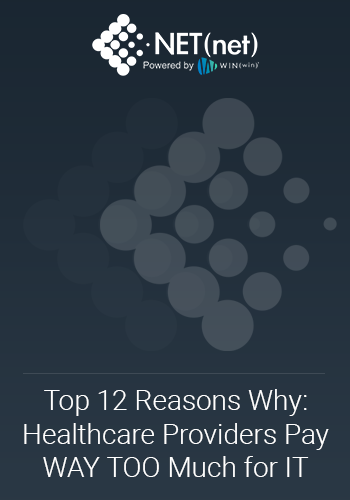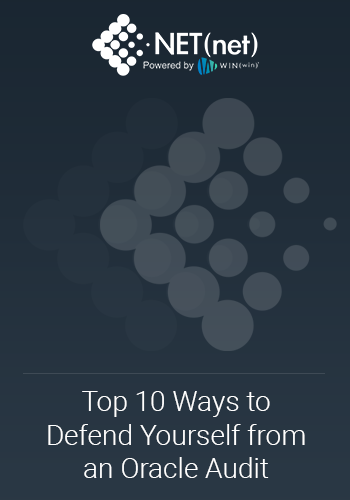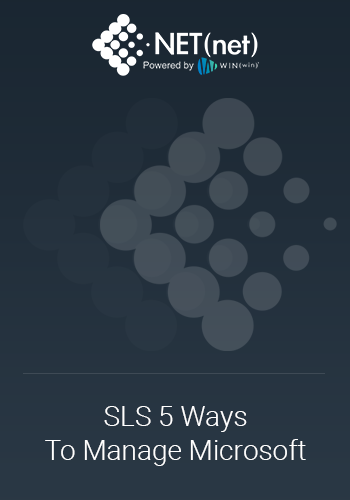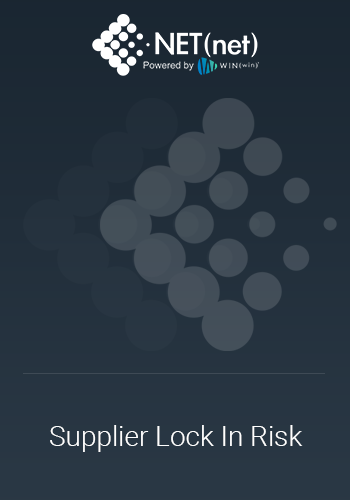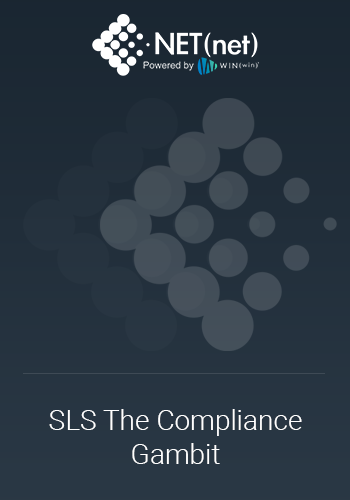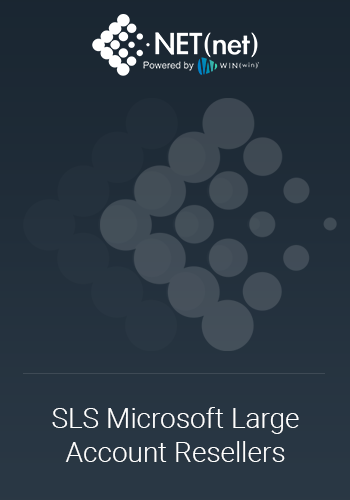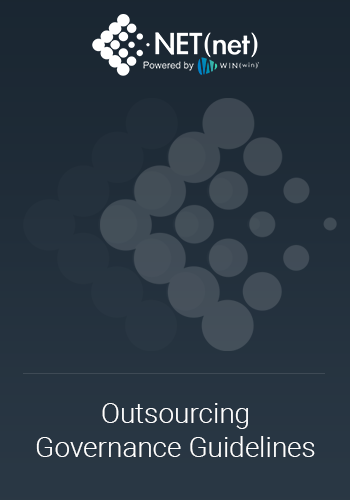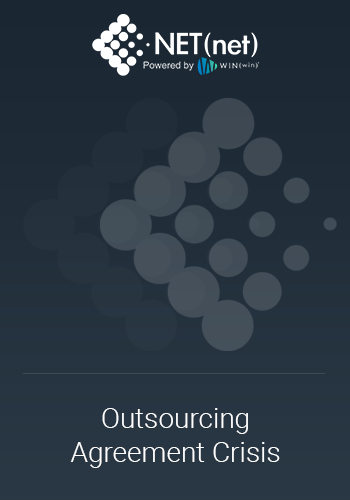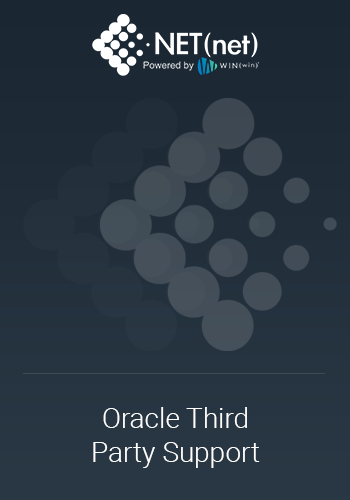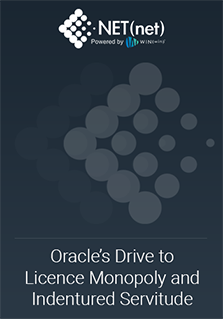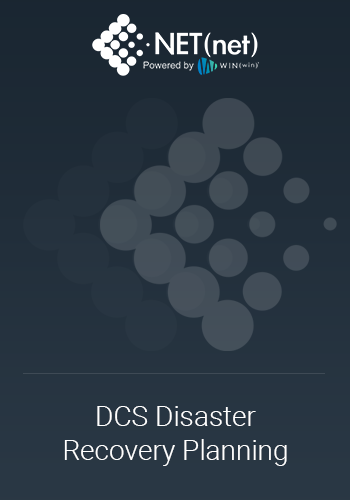There is a transformation occurring within the Enterprise ERP Hosting and Application Management market, moving from a dedicated infrastructure (allocated on behalf of customers to host enterprise applications from companies such as Oracle and SAP), to a more pure cloud computing model with dynamic virtualization of allocated resources. Fortunately for customers, this will mean lower prices, more granular and elastic scalability, and (finally!) more flexible contractual agreements.
There is a transformation occurring within the Enterprise ERP Hosting and Application Management market, moving from a dedicated infrastructure (allocated on behalf of customers to host enterprise applications from companies such as Oracle and SAP), to a more pure cloud computing model with dynamic virtualization of allocated resources. Fortunately for customers, this will mean lower prices, more granular and elastic scalability, and (finally!) more flexible contractual agreements.
Traditionally, application hosting providers in this space, such as IBM, CSC and AT&T, stand up dedicated hardware on behalf of their customers, including the server, storage, networking and backup environment necessary to sustain your typical robust and highly availability enterprise application hosting infrastructure. This requires a discrete investment in hardware and operating system software that typically makes its way into the supplier agreement in the form of an explicit hardware charge (or less explicit) but an obvious residual hardware fee if you were to terminate a contract early for convenience. Customers, for their part, because they are accustomed to specifying their own infrastructure components when hosting an enterprise application in-house, are often very prescriptive with their prospective application hosting provider on what hardware to use, how much capacity to reserve and even what makes and models to use.
Cloud computing is still at the nascent stage in its evolution, but is changing this approach by placing an abstraction between the resource requirements to host a complicated application in production, and its incumbent development, QA and testing environments, and the actual hardware necessary to host this environment. Often using the same technology employed for server virtualization in the enterprise, application hosting service providers are beginning to utilize this technology to extend the same benefits of virtualization to their enterprise application customers: more efficient use of resources, more granular allocation of resource capacity and rapid provisioning of scaling up (and down) resource capacity. The benefit to the customer is lower pricing and quicker turnaround of resources to meet evolving performance requirements or processing capacity for peak demands.
Customers of this approach to application hosting can also benefit from transient application environments, such as testing, development or sandboxes that might be needed in high capacity during the early stages of application integration and customization, as well as for initial end-user training and piloting, but less so in later months during the steady state of production. If these environments are on dedicated hardware procured by the hosting provider on behalf of their customer, this is now a residual contractual and financial commitment for the life of the term dedicated to the customer regardless of whether these platforms are needed in such abundance any longer. Under the cloud computing approach, this environment can be created in the time it takes to move a virtual operating system image in storage to a virtual instance of any required capacity taken from an existing server pool, or removed from the pool and allocated for other purposes or other customers later. The customer is only charged for the use of this server instance while in existence. Savings under a more cloud computing approach to 3rd party application hosting and management compared to the traditional hosting approach of dedicated hardware can approach 30% to 50% for the enterprise customer.
The suppliers of enterprise ERP application hosting are not necessarily leading this charge to a cloud computing model - apparently because this level of resource provisioning granularity and flexibility translates into fewer sources from which to extract margin and less revenue per customer. But the writing is on the wall and this is not some short term fleeting phenomenon. This is the future of computing and those managed application hosting suppliers that embrace this approach stand to benefit sooner from this transformation in application hosting. They will stand to benefit from more customers that determine that it makes no strategic or economic sense to make significant investments in hardware to host a large ERP environment and the operating overhead associated with managing this environment in-house. The customers will benefit from economies of scale and the expertise of the service provider that specializes in this hosting, as well as moving from a capital intensive investment structure to a more flexible operating expenditure model and the variable cost approach that can be beneficial as the business expands and contracts over time.
Potential customers of this outsourced application hosting model for their part also have to change their way of thinking and be less prescriptive when it comes to specifying the precise infrastructure requirements necessary for hosting their enterprise applications and tying the hands of their service providers in their efforts to allocate resources efficiently on the customer’s behalf. If you are making a strategic decision to host your application with a managed services provider, and dispense with your traditional approach of designing, procuring, building and managing this environment in-house and all the responsibility that comes with this approach, then you would be well advised to let go of some control and let the managed application hosting provider do their job to create an efficient and cost effective hosted infrastructure that will meet your service level requirements.
While individual customer business requirements and priorities certainly vary, if you are considering a new ERP implementation, or other significant enterprise application investment, then you would be served well to seriously avoid the temptation to take the traditional approach of hosting this application in-house and investigate the market for enterprise application hosting and management. Competition in this market is strong and as these service providers evolve to embrace more effective approaches to resource allocation such as cloud computing, the enterprise customer stands to benefit in ways that would be difficult (if not impossible) to achieve on their own.
NET(net)’s Website/Blogs/Articles and other content is subject to NET(net)’s legal terms offered for general information purposes only, and while NET(net) may offer views and opinions regarding the subject matter, such views and opinions are not intended to malign or disparage any other company or other individual or group.
NET(net) specializes in helping its clients evaluate its options in these areas and has helped hundreds of clients negotiate thousands of deals for these types of services. NET(net) has helped its clients capture more than $50B of incremental value since 2002. We can help you too. Contact us today at 866-2-NET-net or visit us online at www.netnetweb.com to learn more.

